According to to the current regulations, what are the sources of revenue of State Budget in Vietnam?- Thanh Thuy (Tay Ninh, Vietnam)

What are the sources of revenue of State Budget in Vietnam? (Internet image)
Regarding this issue, LawNet would like to answer as follows:
State budget includes central budget and local budget. The budget revenues are specified as follows:
1. Sources of revenue of central government budget in Vietnam
According to Article 35 of the Law on State Budget, the central government budget in Vietnam includes the following revenue sources:
(1) Revenues wholly retained by central government budget:
- VAT on imported goods;
- Export and import duties;
- Special excise tax on imported goods;
- Environmental protection tax on imported goods;
- Severance tax, corporate income tax, profits distributed to home country and other revenues from petroleum exploration and extraction;
- Grant aid provided by the government of other countries, international organizations, other overseas organizations and individuals for Vietnam’s government;
- Collected charges for services provided by central regulatory agencies.
Collected charges for services provided by central public service agencies and state-owned enterprises under management of central regulatory agencies may be partly or wholly retained;
The remaining amount shall be transferred to state budget as prescribed by regulations of law on fees, charges, and relevant regulations of law.
- Fees collected by regulatory agencies, except for registration fee prescribed in Point h Clause 1 Article 37 of the Law on State Budget;
- Fines for administrative violations and other fines, confiscations collected by central regulatory agencies;
- Revenues from selling state-owned property, including collected levies on land associated to property under the management of central organizations and units;
- Revenues from property under the State ownership under the management of central organizations and units;
- Recovery of investment by central government budget in business organizations; revenues from distributed dividends and profits of joint-stock companies, multi-member limited liability companies that have state capital and ownership of which is represented by a Ministry, ministerial agency, Governmental agency, or another central regulatory agency;
Revenues from post-tax profit that remains after making contributions to various funds of state-owned enterprises whose ownership is represented by a Ministry, ministerial agency, Governmental agency, or another central regulatory agency; positive difference between revenue and expenditure of the State bank of Vietnam;
- revenues from central financial reserve fund;
- Revenues from surplus of central government budget;
- Revenues carried over from last year’s budget of central government budget;
- Other revenues prescribed by law.
(2) Revenues distributed between central government budget and local government budgets:
- VAT, except for that mentioned in Point a Clause 1 of Article 35 of the Law on State Budget;
- Corporate income tax, except for that mentioned in Point dd Clause 1 of Article 35 of the Law on State Budget;
- Personal income tax;
- Special excise tax, except for that mentioned in Point c Clause 1 of Article 35 of the Law on State Budget;
- Environmental protection tax, except for that mentioned in Point d Clause 1 of Article 35 of the Law on State Budget.
2. Sources of revenue of local government budgets in Vietnam
Sources of revenue of local government budgets in Vietnam are specified in Article 37 of the Law on State Budget as follows:
(1) The following revenues are wholly retained by local government budgets:
- Severance tax, except for that on petroleum exploration and extraction;
- License tax;
- Levies on agricultural land;
- Levies on non-agricultural land;
- Land levies, except for land levies mentioned in Point k Clause 1 Article 35 of the Law on State Budget;
- Rent for lease of land, water surface;
- Revenue from lease and sale of state-owned housing;
- Registration fee;
- Revenues from lottery;
- Recovery of investment by local government budgets in business organizations; revenues from distributed dividends and profits of joint-stock companies, multi-member limited liability companies that have state capital and ownership of which is represented by the People’s Committee of the province;
Revenues from post-tax profit that remains after making contributions to various funds of state-owned enterprises whose ownership is represented by the People’s Committee of the province;
- Revenues from local financial reserve funds;
- Revenues from selling state-owned property, including collected levies on land associated to property under the management of local organizations and units;
- Grant aid provided by international organizations, other organizations, overseas individuals to local governments;
- Collected charges for services provided by local regulatory agencies.
Collected charges for services provided by central public service agencies and state-owned enterprises whose ownership is represented by the People’s Committee of the province may be partly or wholly retained;
The remaining amount shall be transferred to state budget as prescribed by regulations of law on fees, charges, and relevant regulations of law;
- Fees collected by local regulatory agencies;
- Fines for administrative violations and other fines, confiscations collected by local regulatory agencies;
- Revenues from property under the State ownership under the management of local regulatory agencies;
- Revenue from public land and other public benefits;
- Contributions by other organizations and individuals as prescribed by law;
- Surplus of local government budgets;
- Other revenues prescribed by law.
(2) Revenues distributed between central government budget and local government budgets are specified in Clause 2 Article 35 of the Law on State Budget.
(3) Provision of additional funding for budget balancing, provision of dedicated additional funding by central government budget.
(4) Revenues carried over from last year’s budgets local governments.
Nhu Mai
 Article table of contents
Article table of contents
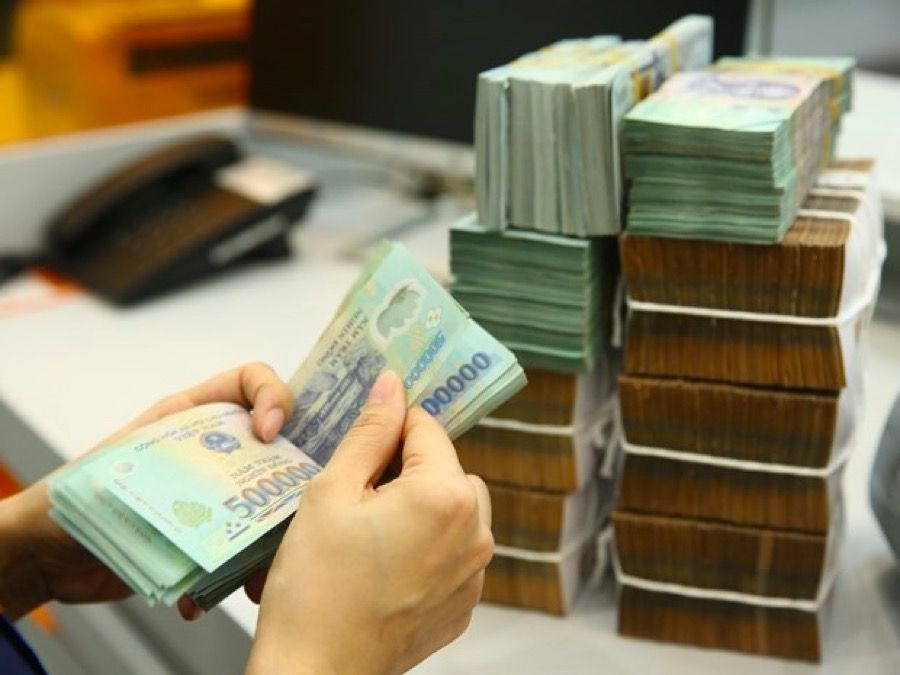
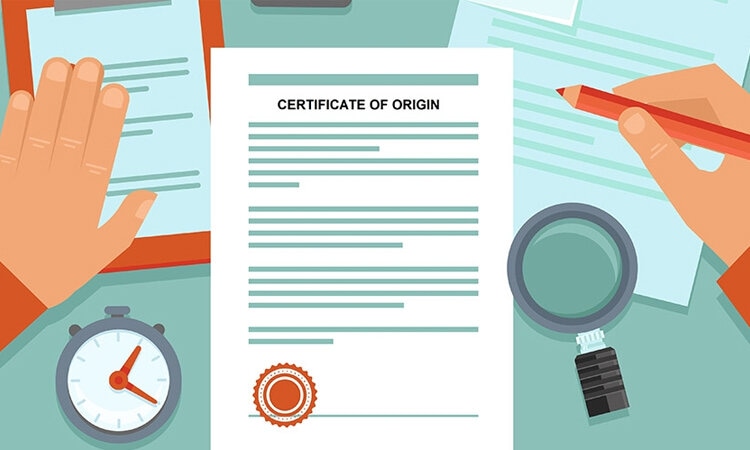

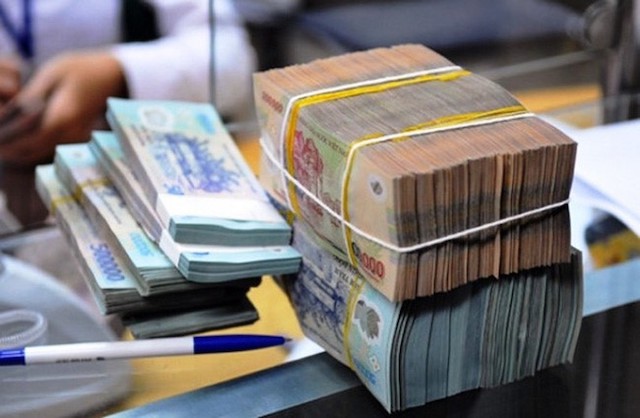
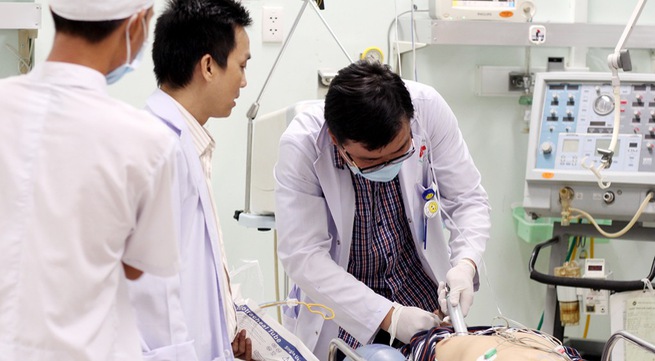
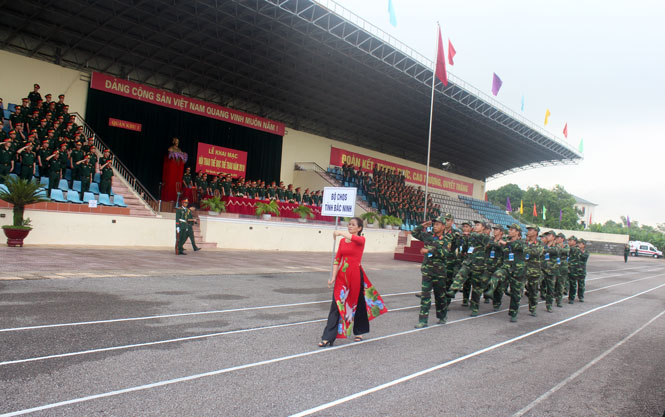




.Medium.png)
.Medium.png)
.Medium.png)
.Medium.png)
